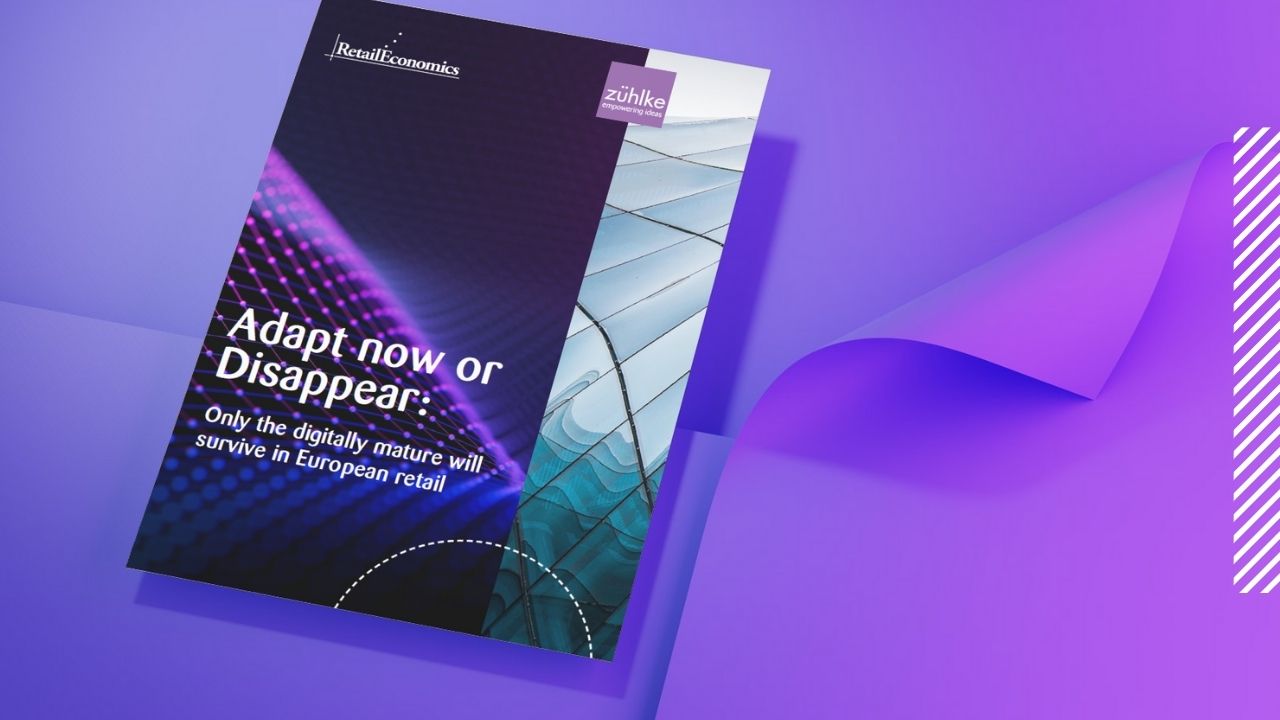Limited view of customers
If your data is held across siloed applications, it’s likely to be captured inconsistently and interpreted differently, leading to poor data quality.
As a result, your organisation is likely to struggle obtaining a unified view of its customers. That can present a major problem, as it means you will be unable to cater effectively to the needs of consumers and forge a strong, lasting connection with them.










